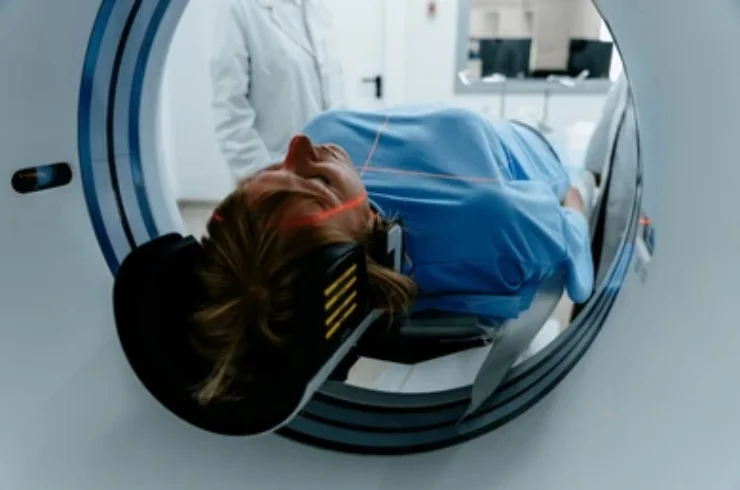Revolutionizing Diagnostic Precision with MRI Scans
Magnetic Resonance Imaging (MRI) is a state-of-the-art diagnostic tool that provides highly detailed images of organs, tissues, and the musculoskeletal system using powerful magnetic fields and radio waves. Unlike X-rays and CT scans, MRI does not use ionizing radiation, making it a safer alternative for assessing various medical conditions. This advanced imaging technology excels in detecting neurological disorders, spinal injuries, tumors, joint abnormalities, and vascular diseases with unparalleled clarity. By capturing cross-sectional and three-dimensional images, MRI scans offer in-depth insights that help doctors diagnose conditions at an early stage, leading to more effective treatment planning. From brain and spine evaluations to soft tissue and cardiac imaging, MRI remains an indispensable tool in modern healthcare.
Superior Imaging for Early Detection and Targeted Treatment
MRI scans provide exceptional contrast between different tissue types, making them highly effective in identifying abnormalities that may go unnoticed in other imaging modalities. This non-invasive procedure is widely used for diagnosing multiple sclerosis, ligament injuries, stroke, and internal organ diseases with remarkable accuracy. With advancements such as functional MRI (fMRI) and contrast-enhanced imaging, medical professionals can assess brain activity, detect tumors, and evaluate blood flow with greater precision. The procedure is completely painless, ensuring patient comfort while delivering crucial diagnostic insights. Whether for routine screenings or complex disease evaluations, MRI scans empower physicians with the high-resolution imaging necessary for accurate diagnosis and optimal patient care.

